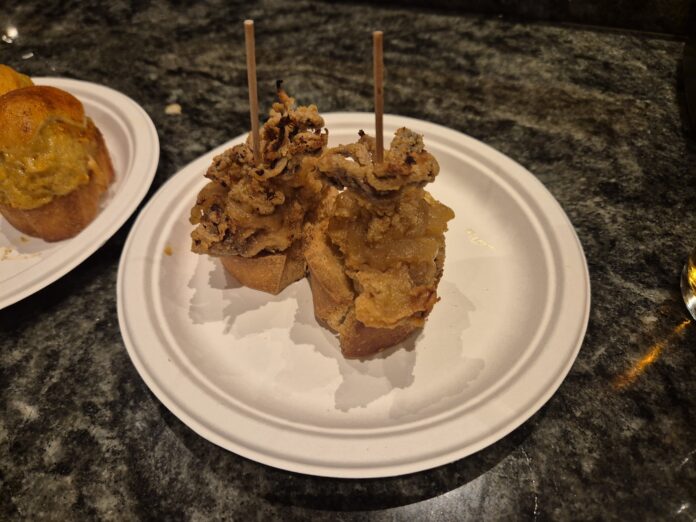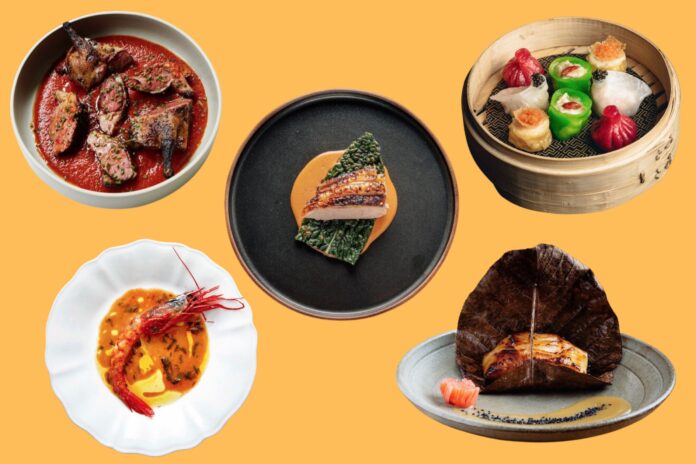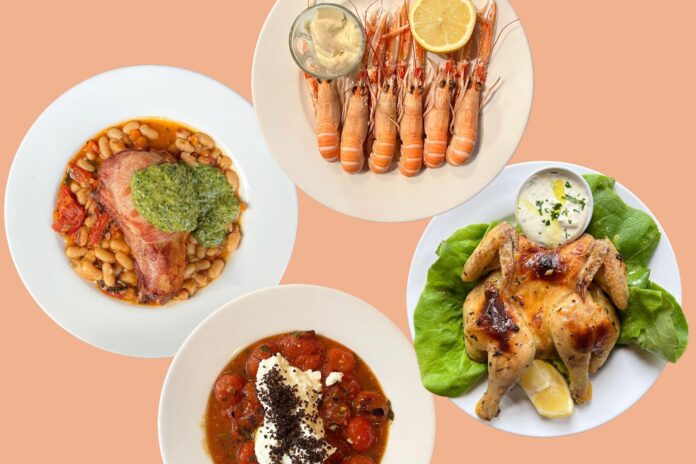“Artisan foods” have been popping up all over the place in recent years, from your local supermarket to the tiny independent shop in town. You can even find these specialist products online.
But what exactly are artisan foods, and are they worth their price tag?
WHAT ARE ARTISAN FOODS?
Various foods, such as cheese, chutneys and breads can be assigned to the non-regulated word, “Artisan”.
If a product is a genuine “artisan” food it has been made using traditional methods, typically on a small scale. “Artisan” may be used interchangeably with words such as “farmhouse” and “traditional”.
Any producer can label their food “artisan” without meeting specific criteria, so it’s worth doing a little research to ensure that you’re getting what you expect before handing over your money.
These questions will help you to identify an artisan product:
- Is it mass-produced or made in small batches?
- Is it produced industrially or by using traditional methods and equipment?
- Do the ingredients include lots of preservatives and e-numbers or are they natural and locally sourced (artisan foods may include some preservatives but a lot fewer than mass-produced products)?
- Is it imported or made in the UK?
- Can the ingredients be traced back to their source?

EXAMPLES OF ARTISAN FOODS
Any products that meet some or all of the criteria above are artisan. Some of the most common artisan foods include:
- Bread
- Cheese
- Chutneys and preserves
- Oils and vinegar
- Coffee
- Drinks
- Cured meats
- Ice cream
WHY SHOULD I BUY ARTISAN FOODS?
The popularity of artisan foods has been steadily increasing over the past decade. The drive for “clean”, healthy eating has led to growing consumer demand for traditionally made products with fewer additives and preservatives. There has also been a rise in food allergies and intolerances, making products with traceable ingredients essential for many people.
But this standard of quality comes at a price. Slap the word “artisan” or “traditional” onto a product, and the price goes up considerably. Why? And what are the benefits of splurging on these items instead of their lower cost, mass-produced counterparts?
Although many artisanal food producers have smaller overheads than larger manufacturers, they need to charge a higher price for their products to make a profit. In addition, traditional methods of food production are extremely labour intensive. For example, making one batch of artisan cheese can take several years of expert nurturing.
So, are artisan foods worth the money? There are several benefits to buying traditional foods instead of mass-produced ones:
EXCEPTIONAL QUALITY
Handcrafted foods made with natural, high quality ingredients typically have a superior taste and texture to those made as part of a large commercial batch of products. Artisan foods are a labour of love undertaken by skilled craftsmen and women who strive to achieve the best results every time. You’ll taste the difference between these specialist foods and a garden variety supermarket product.
ECO-FRIENDLY BROWNIE POINTS
If you care about preserving our planet, you can buy artisan foods with a clear conscience. Products made in the UK using local ingredients are generally better for the environment due to lower transport emissions. Imported products often travel hundreds of miles before being sold, contributing to a more significant carbon footprint and higher pollution levels.

SUPPORT INDEPENDENT BUSINESSES
Small independent businesses make most artisan foods. By treating yourself to these expertly made products, you will also be supporting the local economy and keeping diversity in the marketplace. What’s more, independent businesses often provide a much more personalised service than larger shops and chains, meaning that you will enjoy a superior product and customer experience.
ENJOY FRESH AND NUTRITIOUS FOODS
Foods made using traditional methods contain simple ingredients. Rather than flavourings, artisan food producers will use natural ingredients where they can. For example, real garlic may be used to add flavour to cheese. As a result, artisan foods are typically fresher and more nutritious than those produced via modern methods.
Whether artisan foods are worth paying a little extra for or not is a personal decision and depends on your preferences, dietary requirements and budget. But as outlined above, if you do decide to treat yourself, there are many benefits to enjoy!





